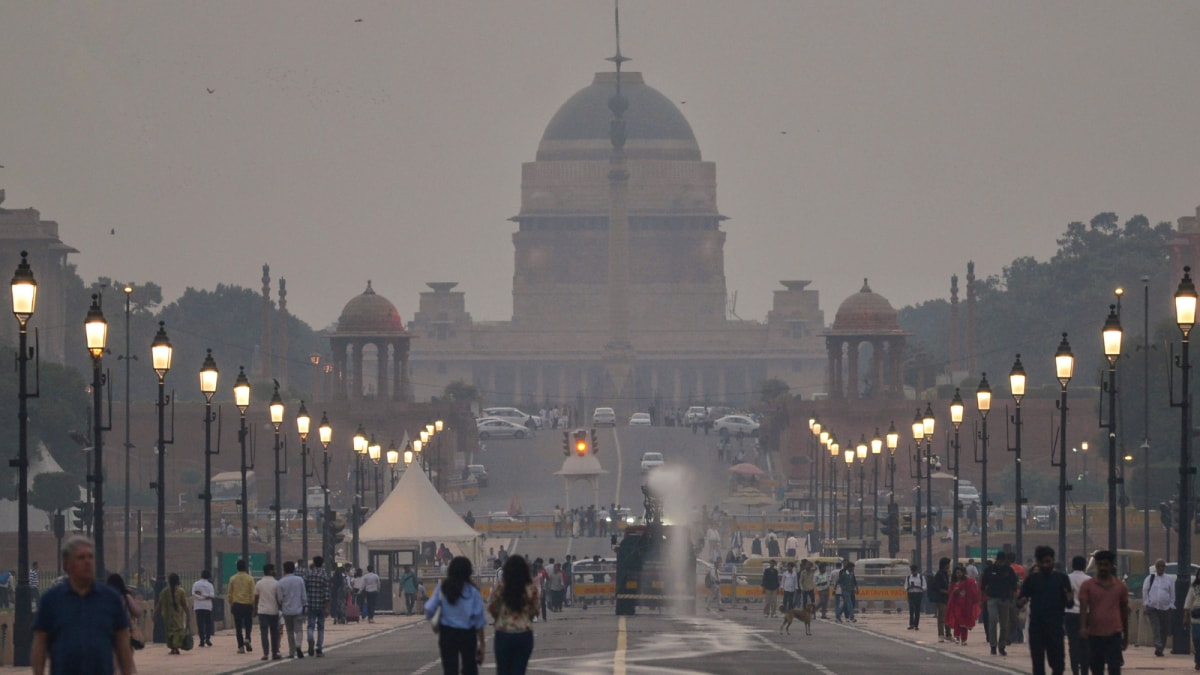It was in June 2016 that wildlife enthusiast couple, both dental surgeons, from Mumbai visited the Kanha Tiger Reserve in Madhya Pradesh. On a bright sunny day, they saw a semi-adult tigress drinking water from a small puddle of water and later sitting in it to cool itself from the scorching heat.
For any other jungle safari visitor, sighting a wild animal more particularly a tiger even for a few minutes is a moment to click photos and take videos. But the couple -- Dr. Sarita Subramaniam (BDS) and Dr. P.V. Subramaniam (MDS, Periodontist) -- one thing that came to their minds was the struggle of the wild animals during summer to find water. “If the tigress was facing such difficulty to get water, what would be the situation of other animals that are also dependent on the same water body. This made us think about doing something that would quench the thirst of the wild animals,” Dr. Sarita says.
In an interview with The Hindu on her visit to the city to receive an award by Lions International, Dr Sarita said they found that water scarcity in forests can be attributed to human – animal conflict. “Animals venture into human habitations searching for water. Herbivores animals enter into human habitations damaging crops and the carnivores follow their prey to hunt. This is leading to morbidity and mortality on both sides,” she shared.
The next year, in 2017, the couple who are avid wildlife enthusiasts and bird watchers, formed the Earth Brigade Foundation (EBF), to do their bit towards wildlife conservation. “We decided to instal solar-operated water pumps in forest areas to provide a stead source of drinking water for wild animals. The pumps were fitted as per the suggestion of the forest department. Our first step began from the Bandipur tiger reserve in 2018 where we did three installations,” Dr Sarita said.
Dr Sarita shared that the forest department too make arrangements for water inside the jungles with the help of water tankers. “However, where there are ghat roads, these fully loaded water tankers cannot reach far off places. Additionally, the entry of vehicles also leads to vehicular pollution,” she adds.
On an average the EBF spend about ₹3 to ₹4 lakh for an installation depending on the depth of the borewell, how far the pipeline has to be laid and the number of water bodies that can be filled by a borewell. “We prefer filling multiple water bodies in a single installation,” she said, adding that they run the foundation with the help of donations from philanthropists, wildlife enthusiasts and a few corporates.
The EBF has till date installed 193 solar-operated water pumps in eight states of Karnataka, Uttar Pradesh, Uttarakhand, Madhya Pradesh, Tamil Nadu, Maharashtra, Karnataka and Chhattisgarh. These installations were made in 28 different forests of which 21 have presence of tigers.

 1 day ago
5
1 day ago
5








 English (US) ·
English (US) ·